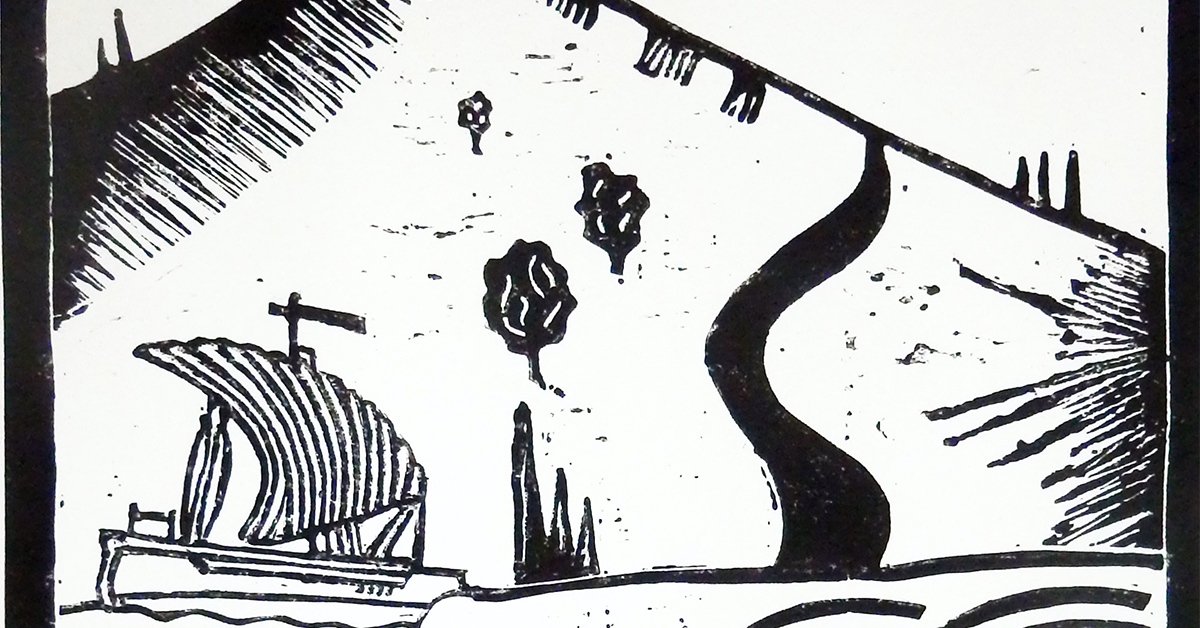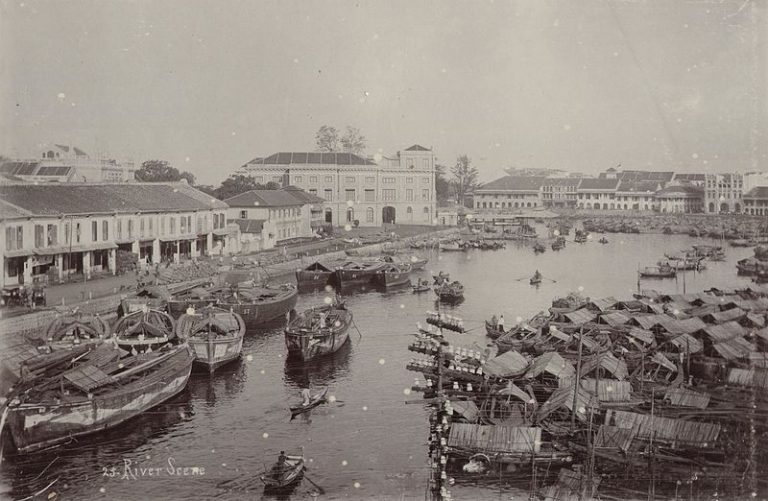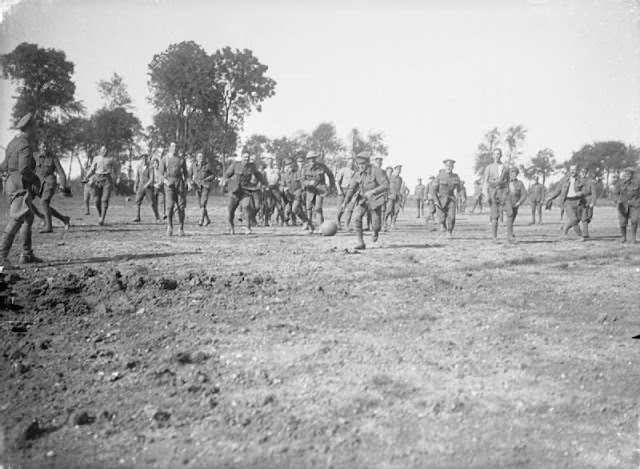
-
Being a Greek captive in the medieval Mediterranean
Read more: Being a Greek captive in the medieval MediterraneanI would like to introduce you to two people. The first of these was called Iohannes Glafchyrno. Glafchyrno appears in the historical record...





